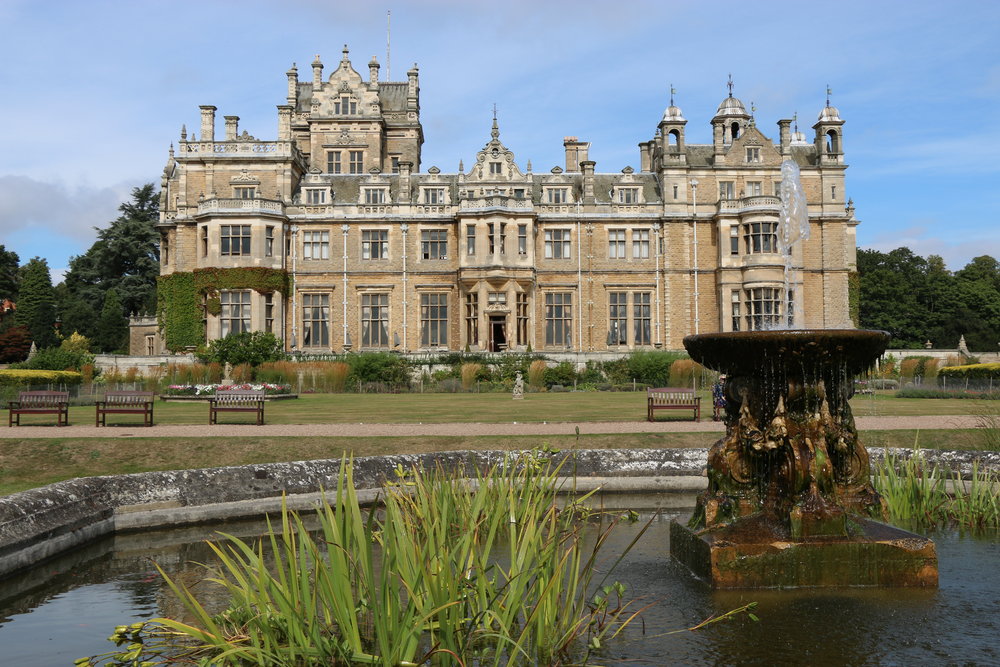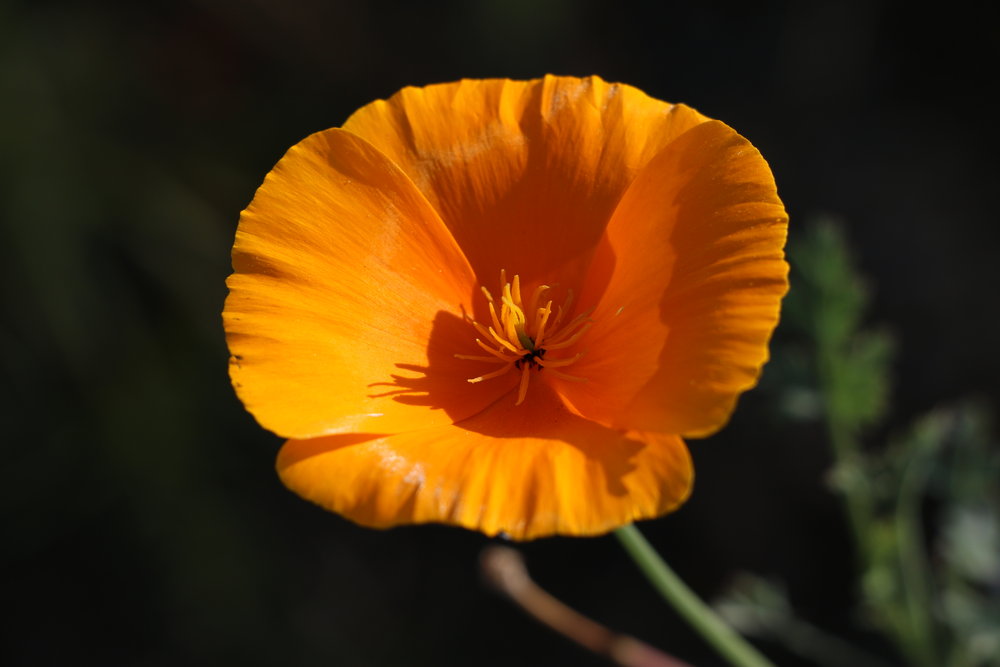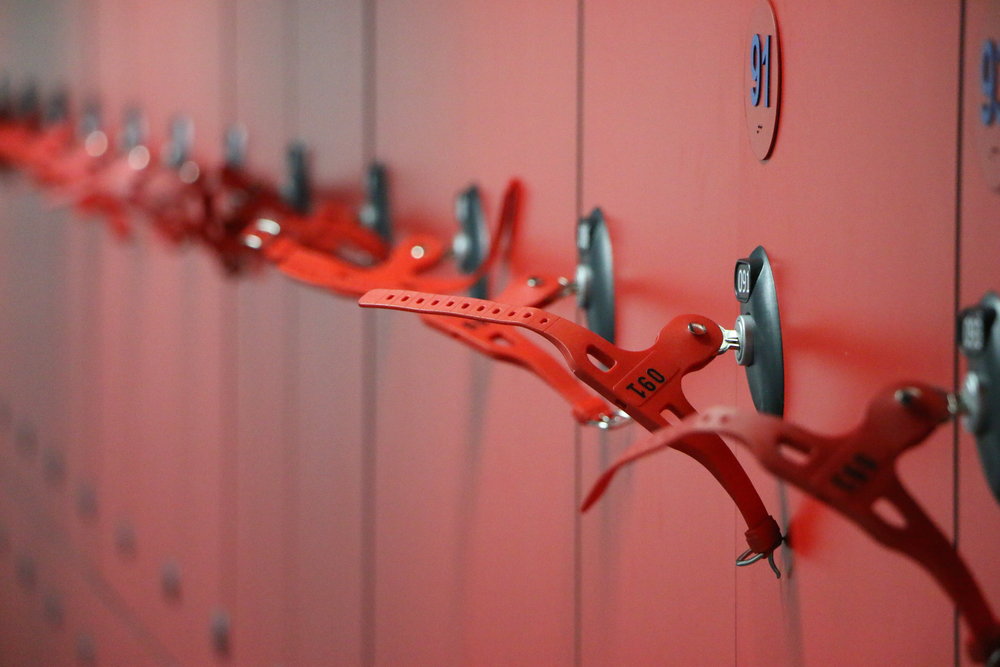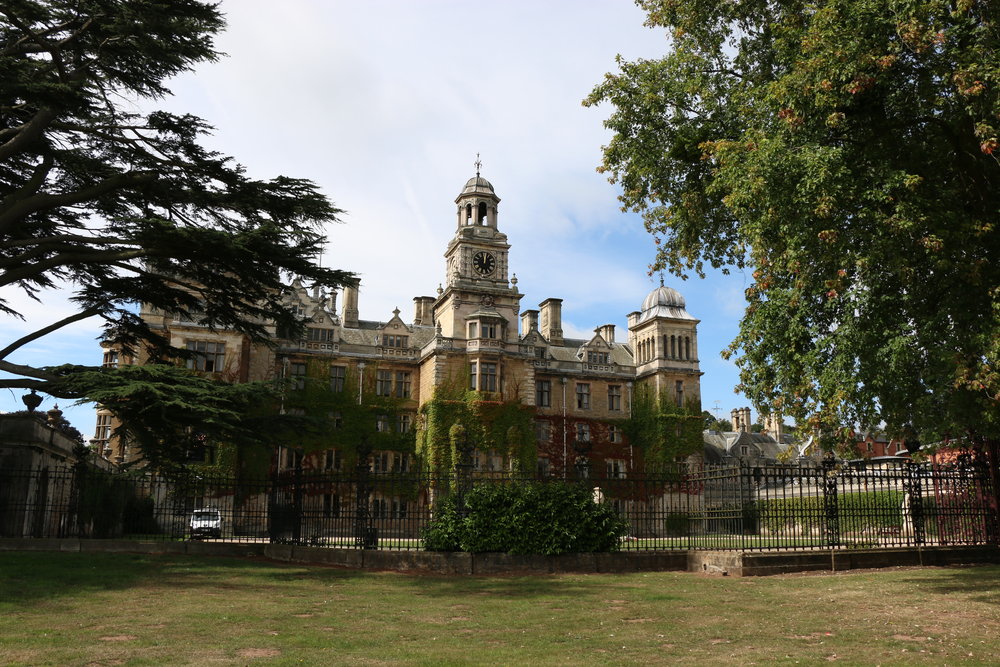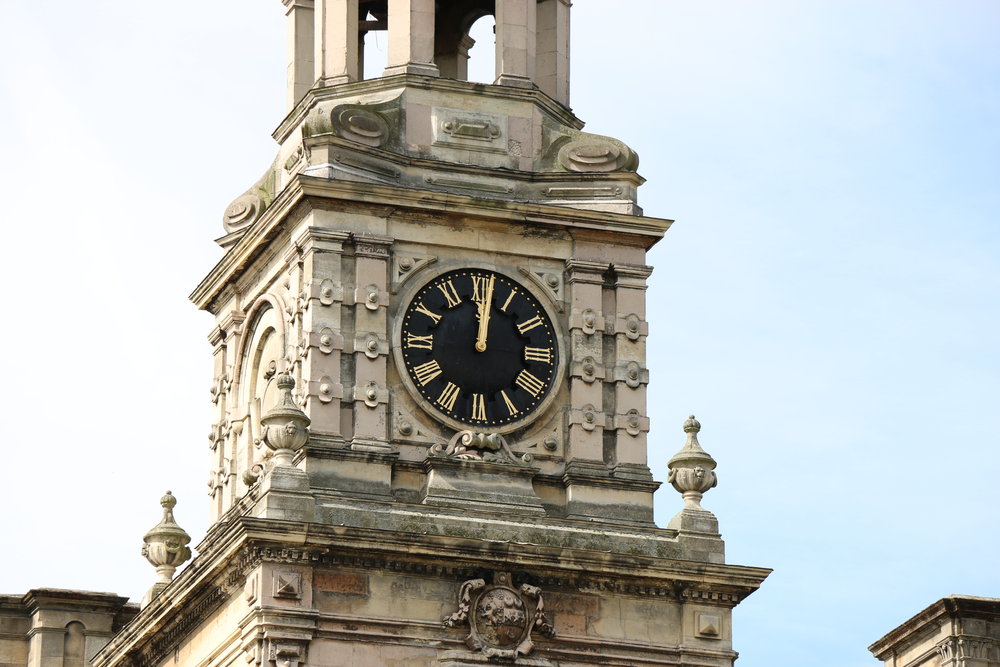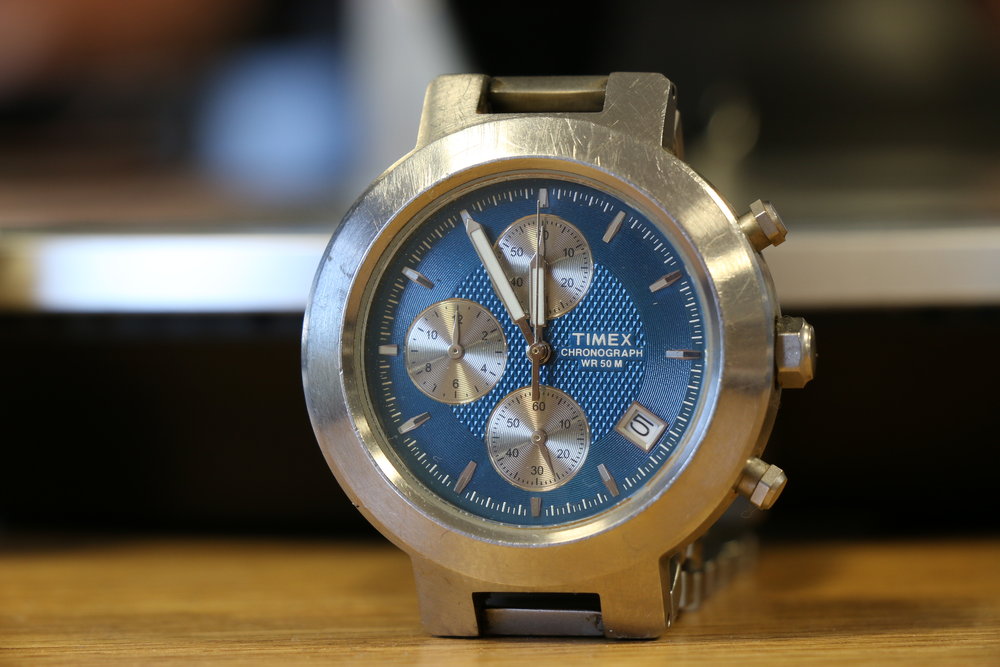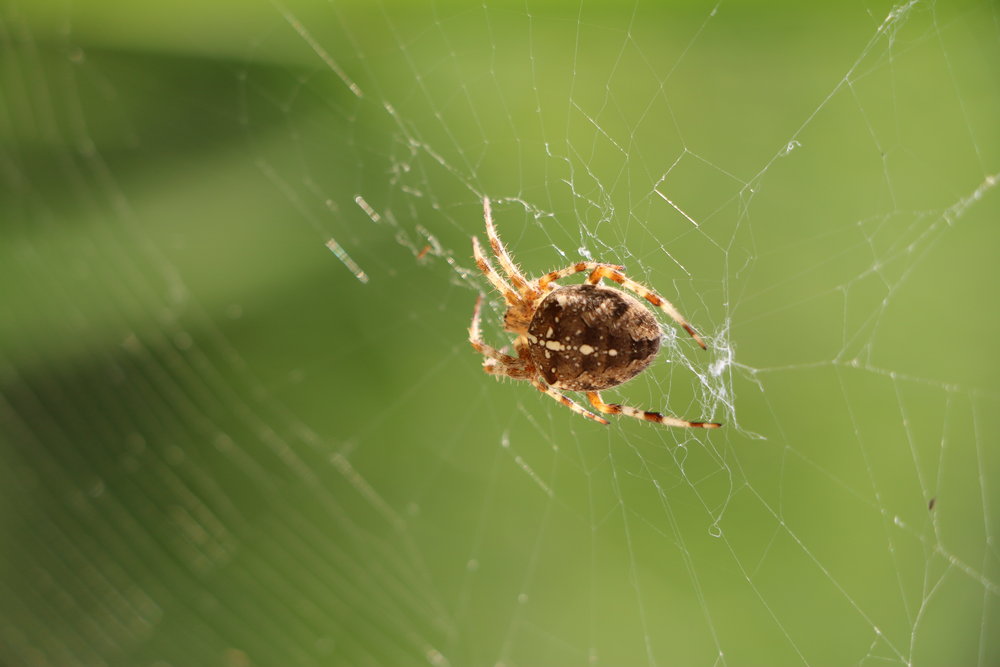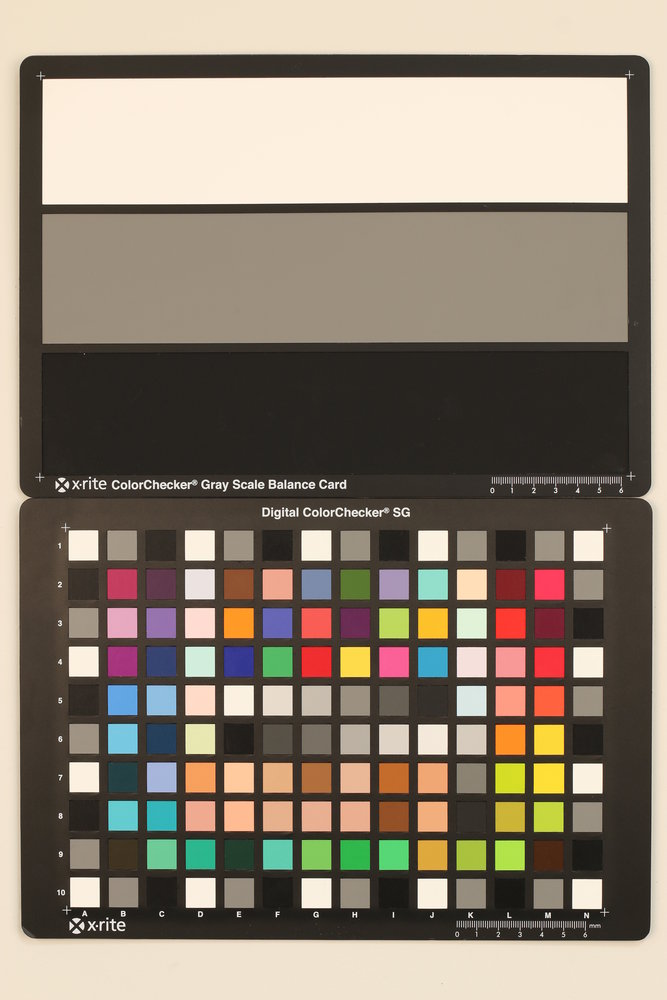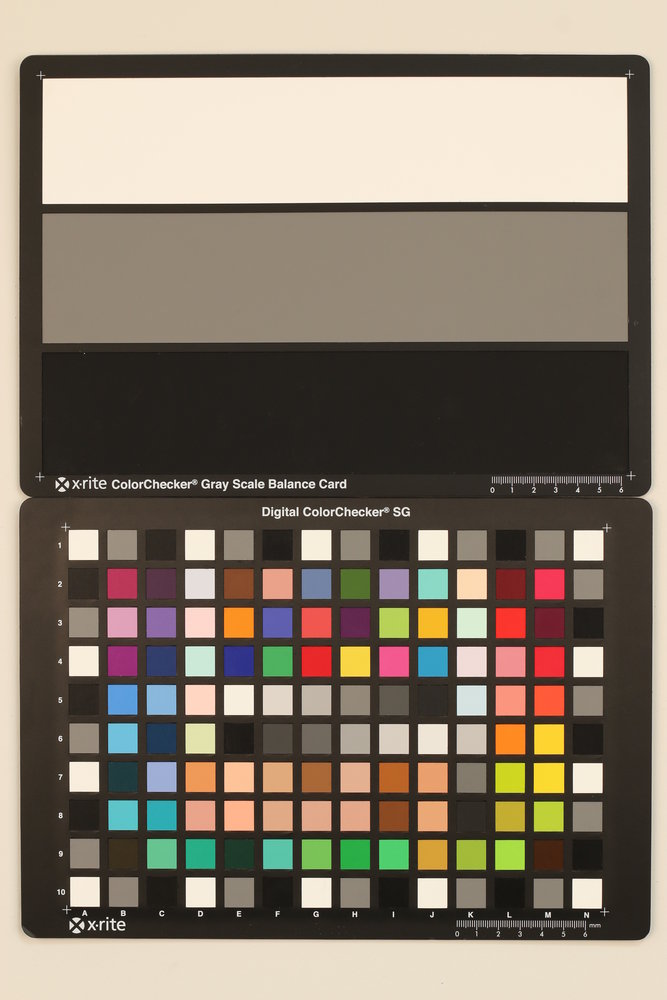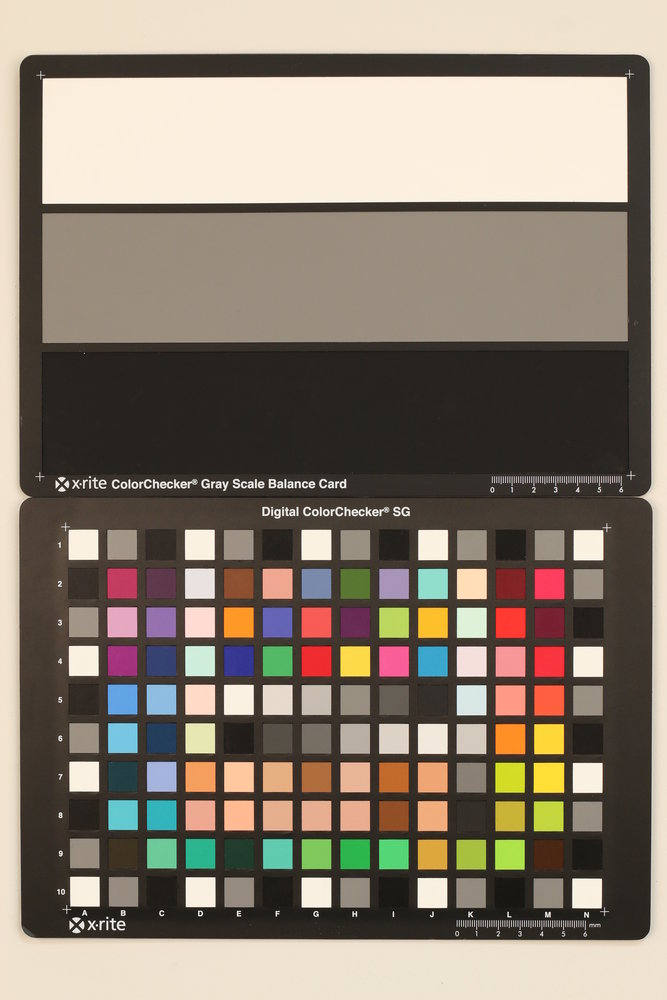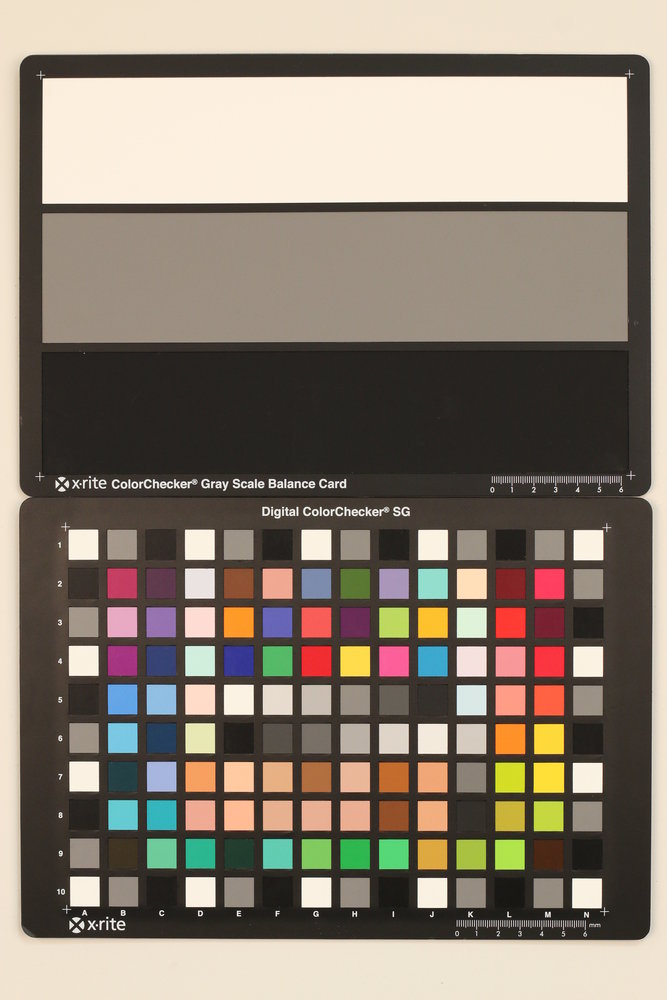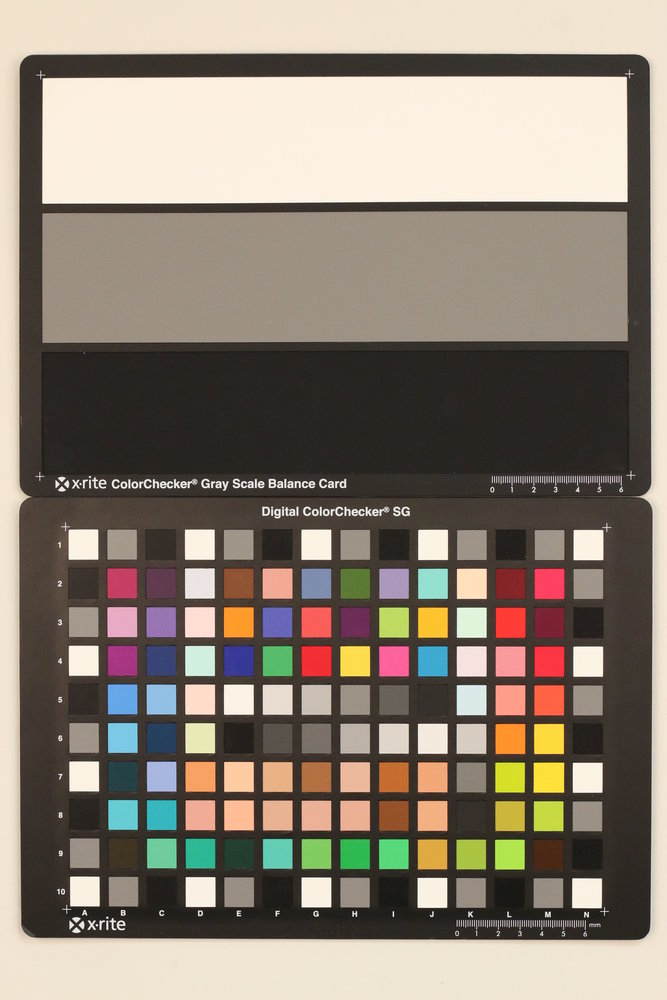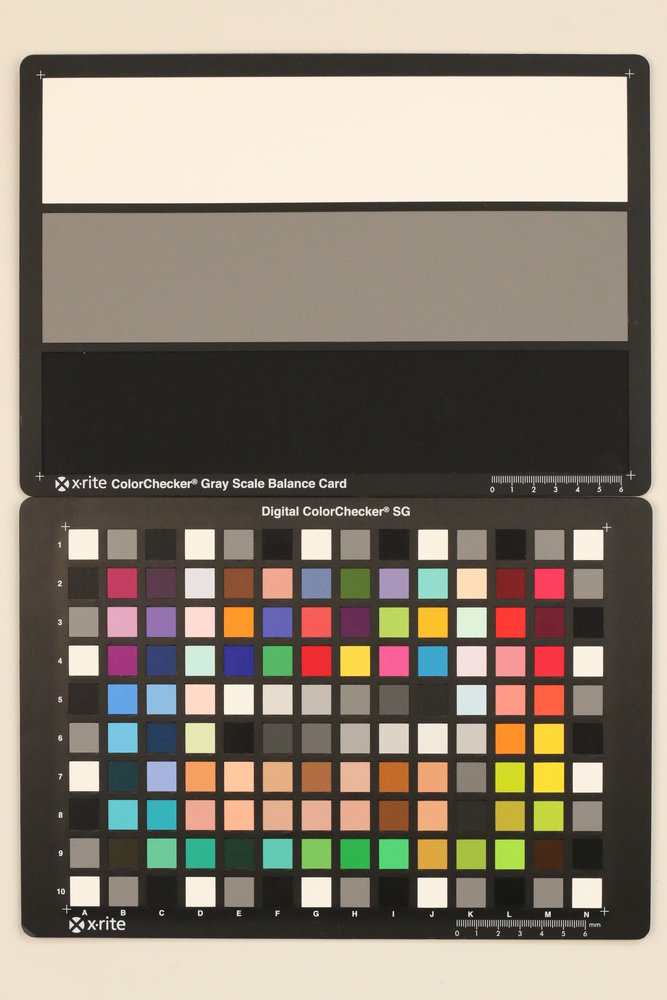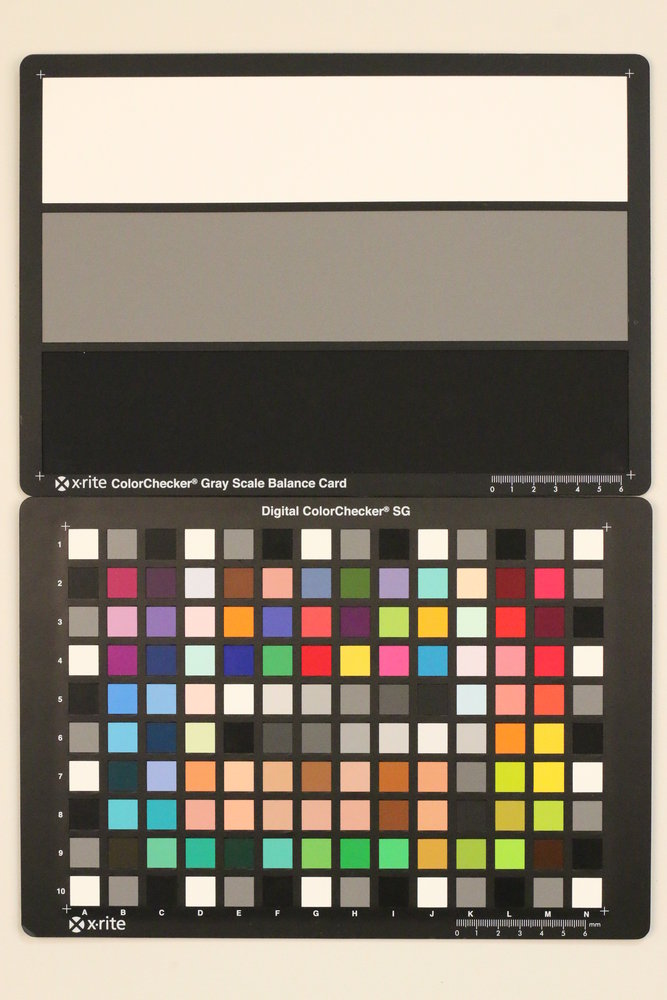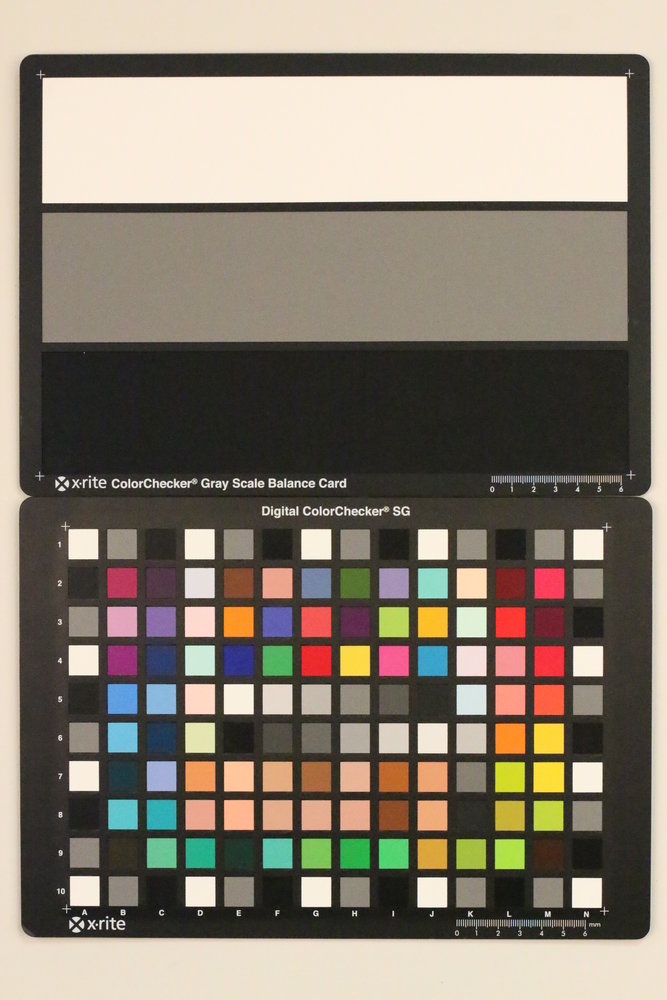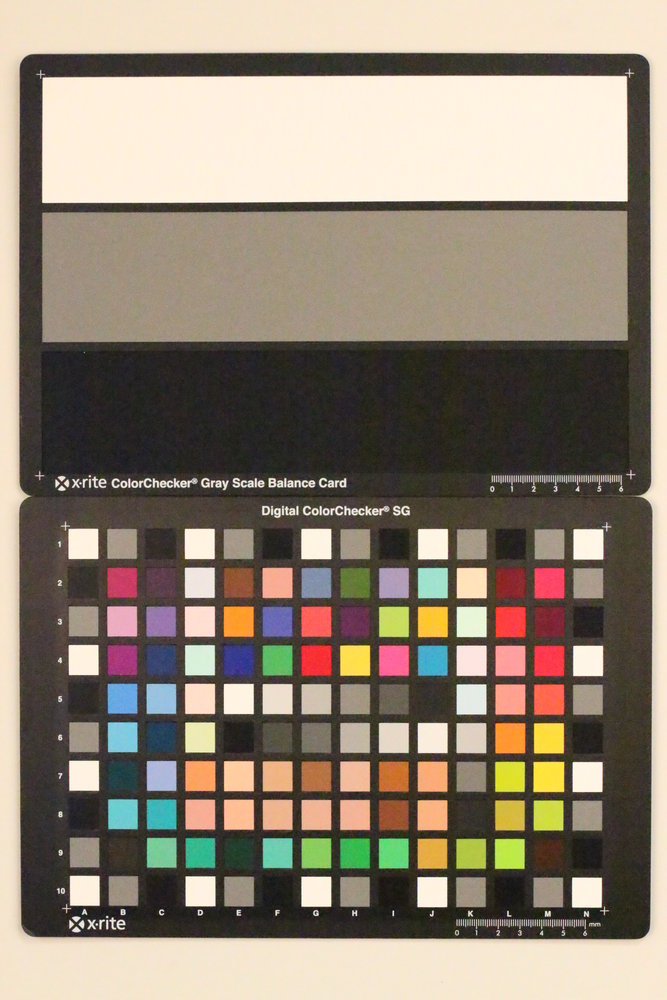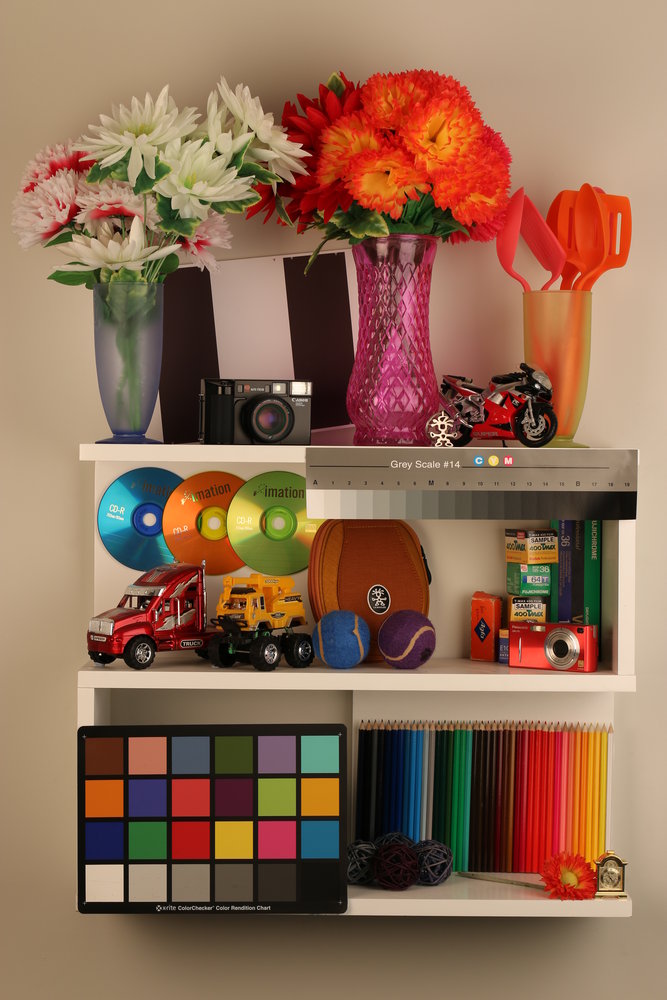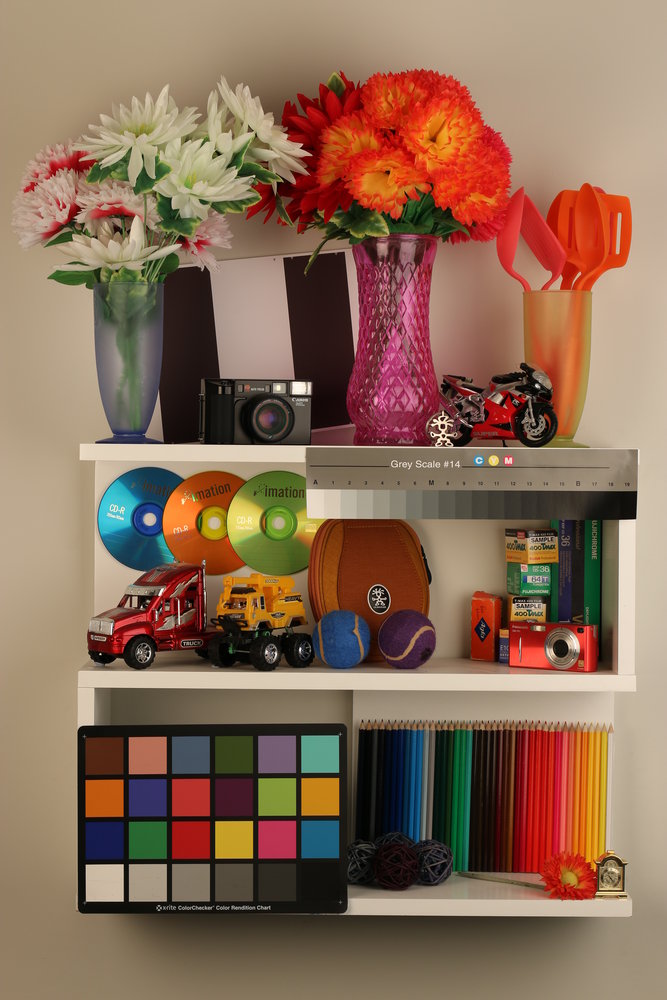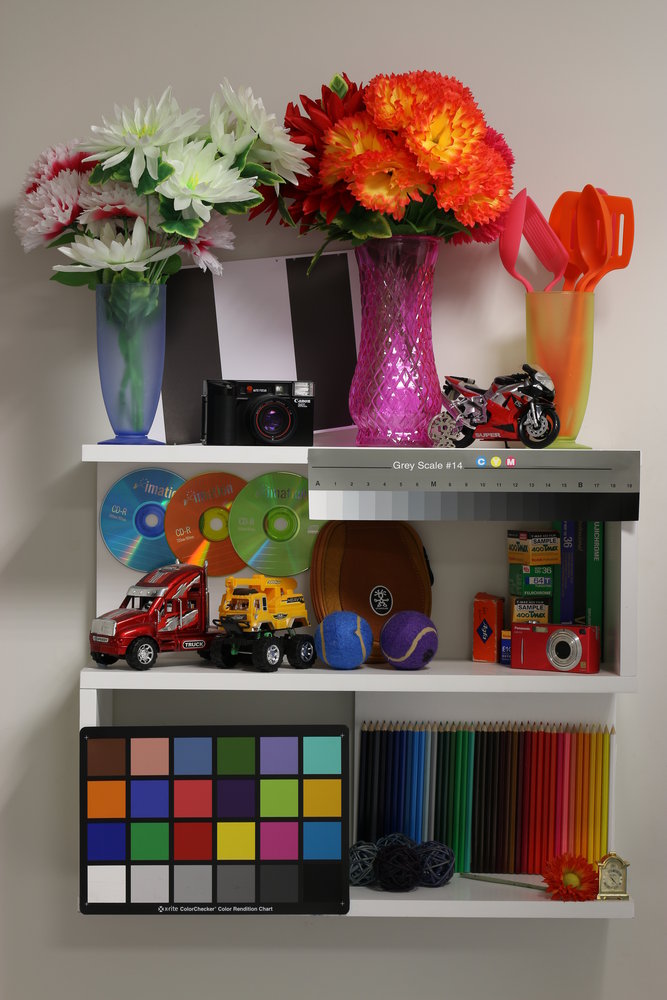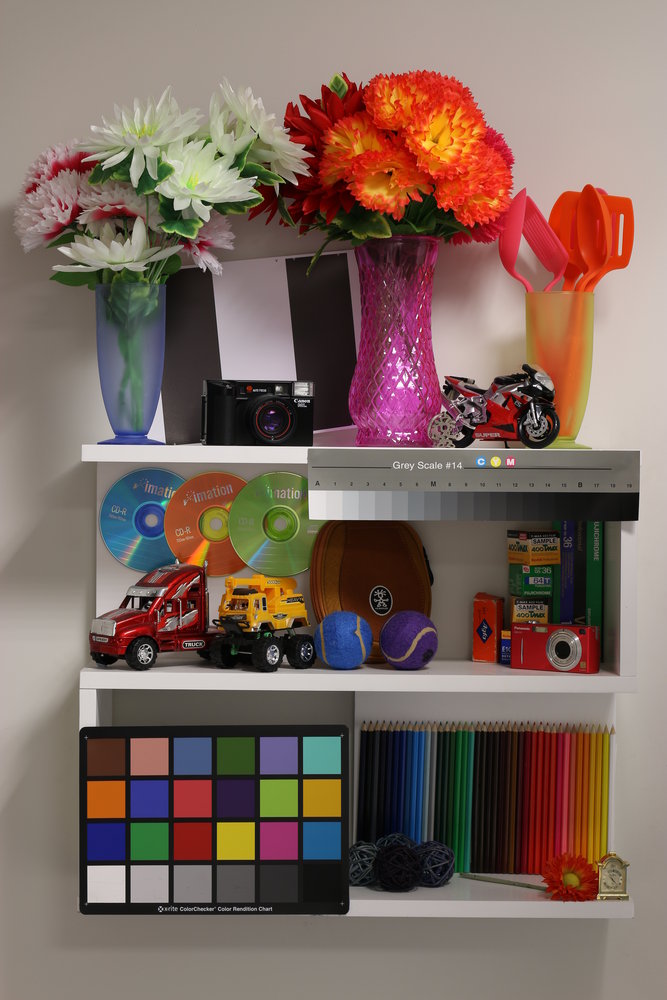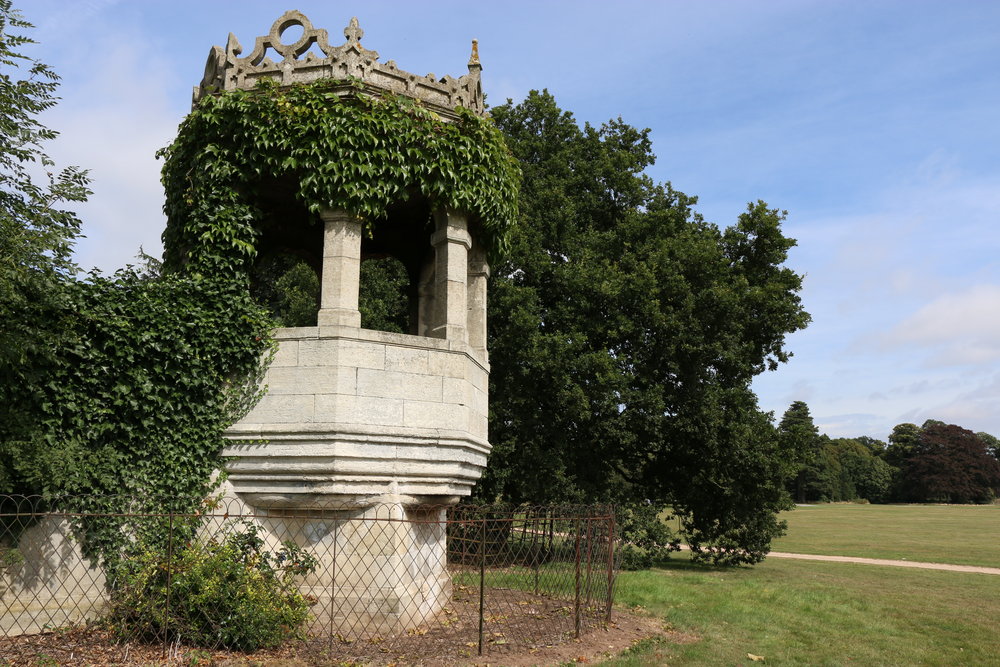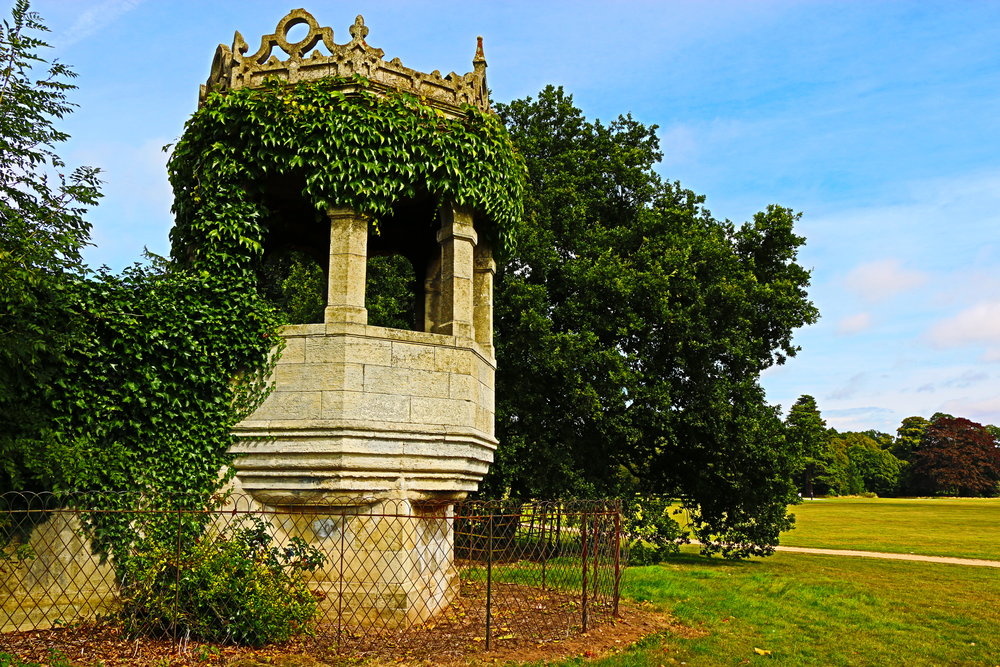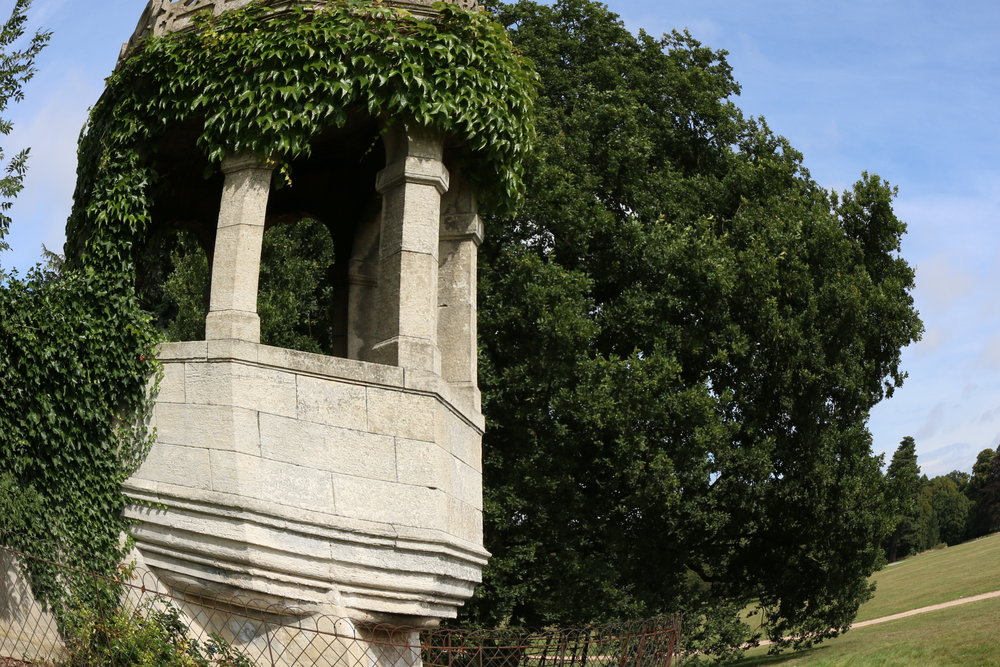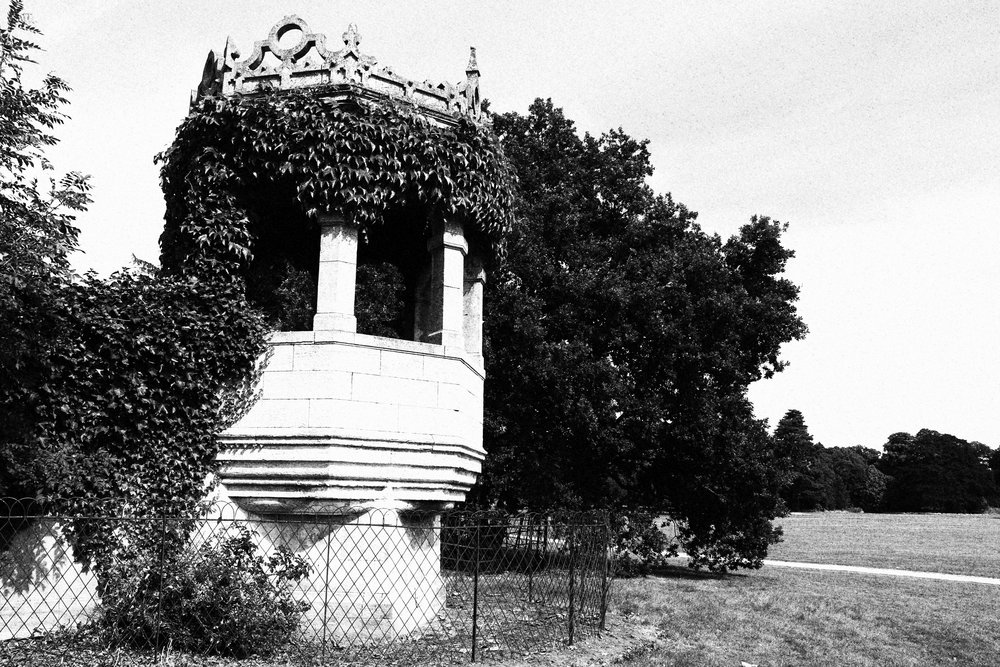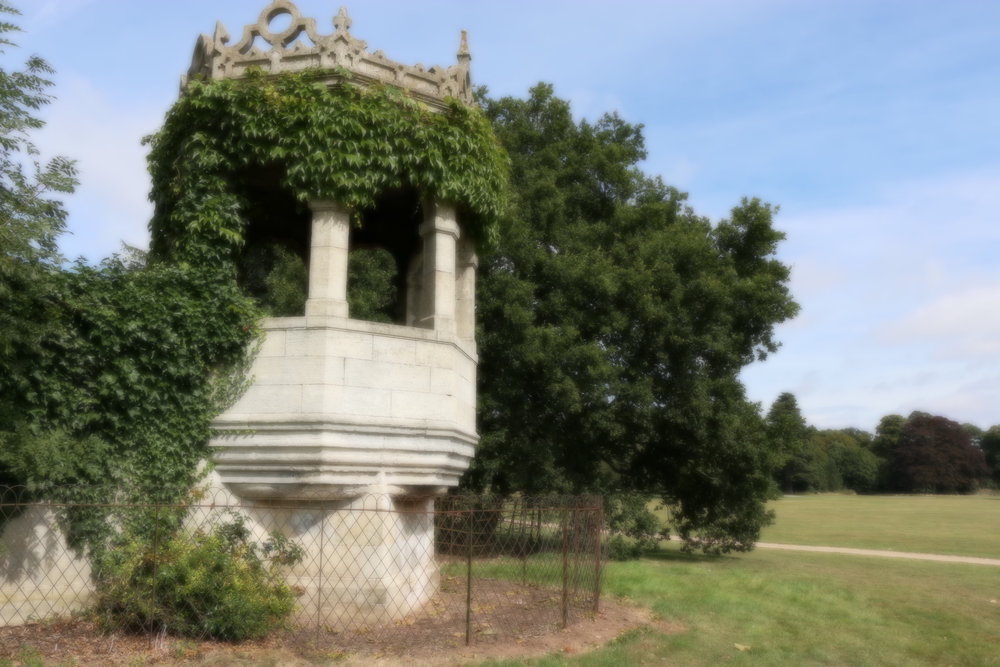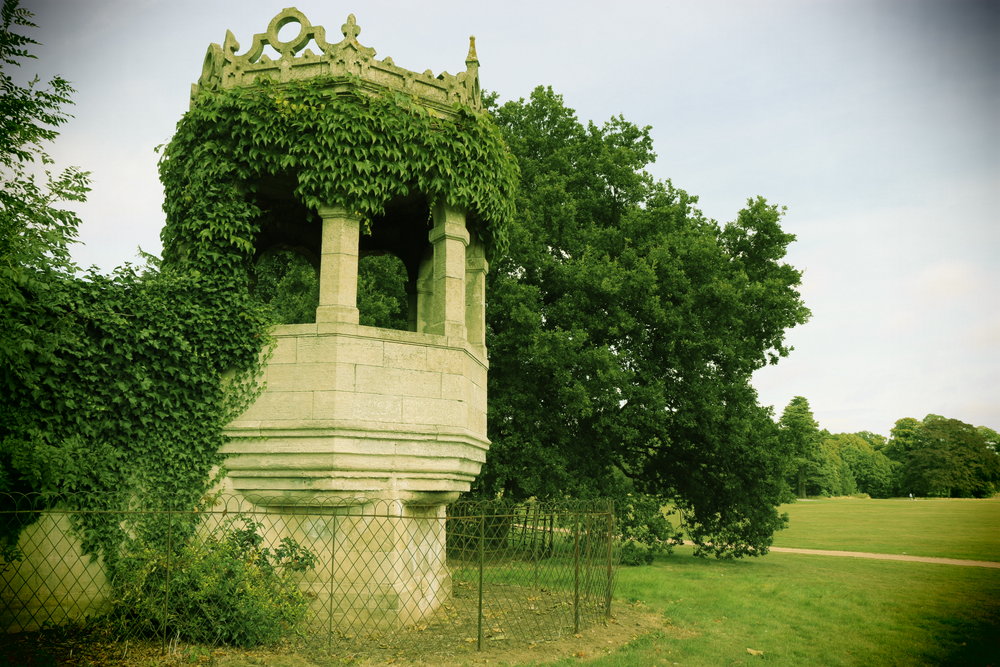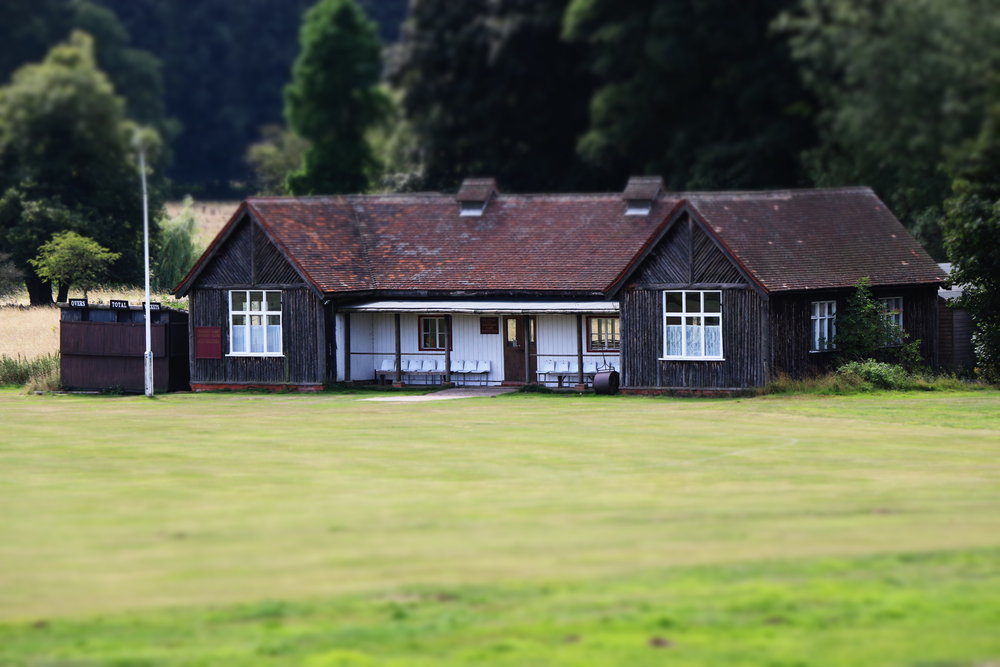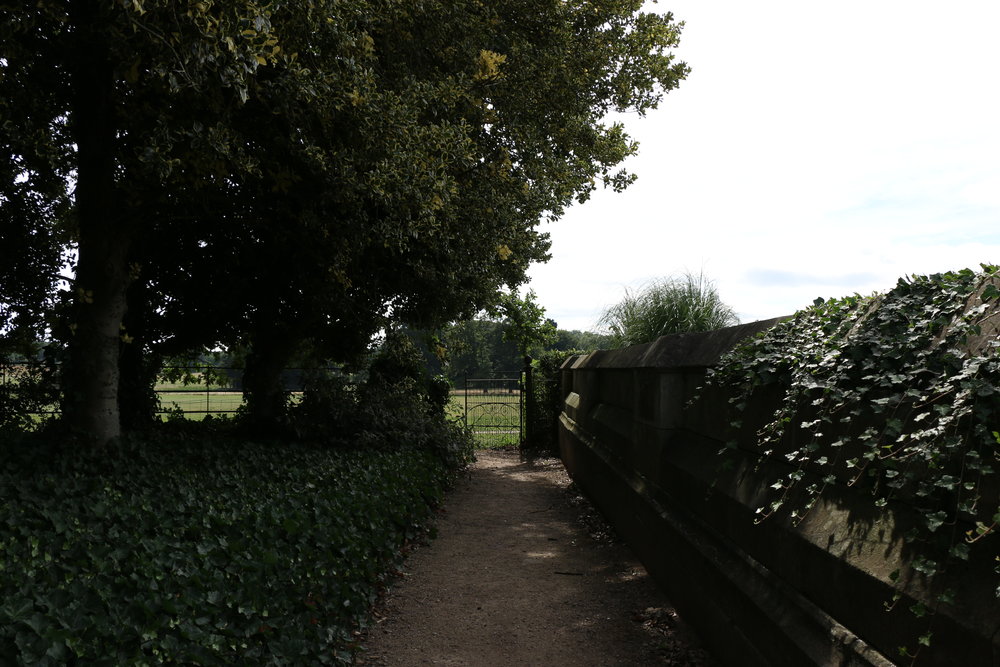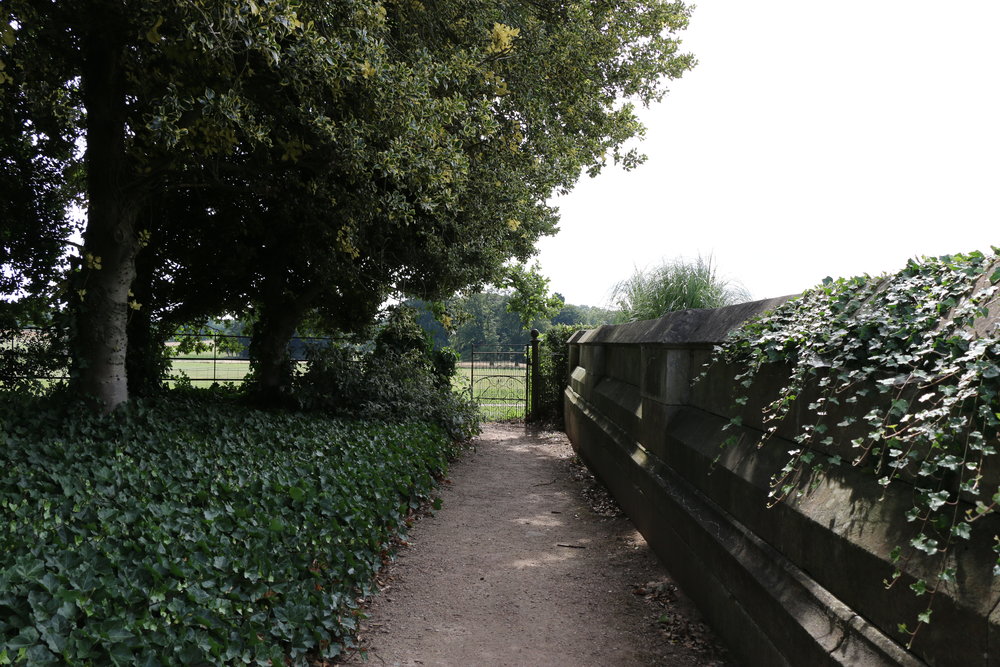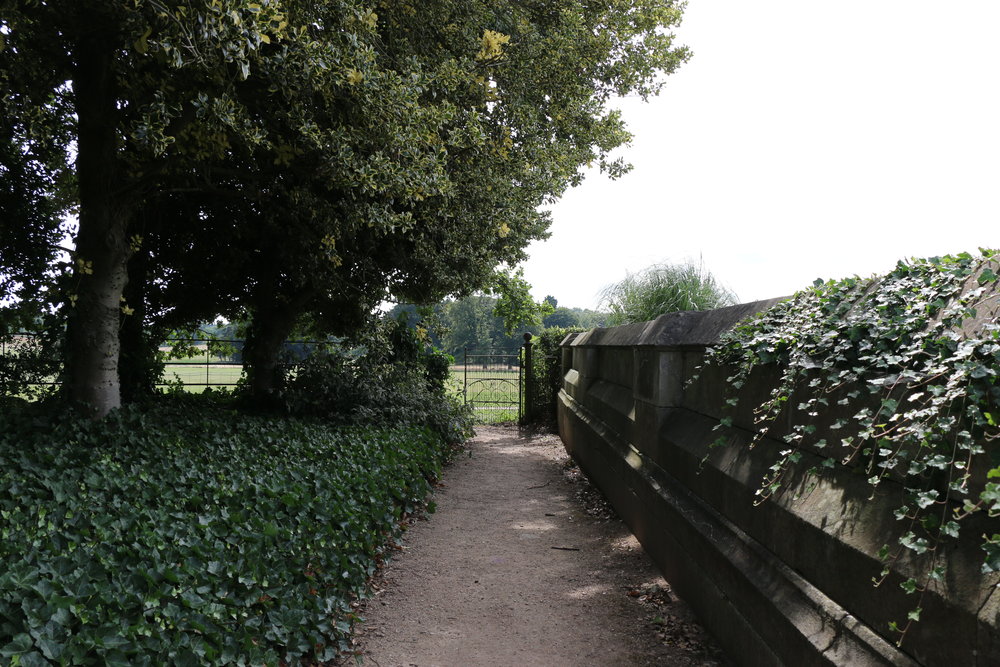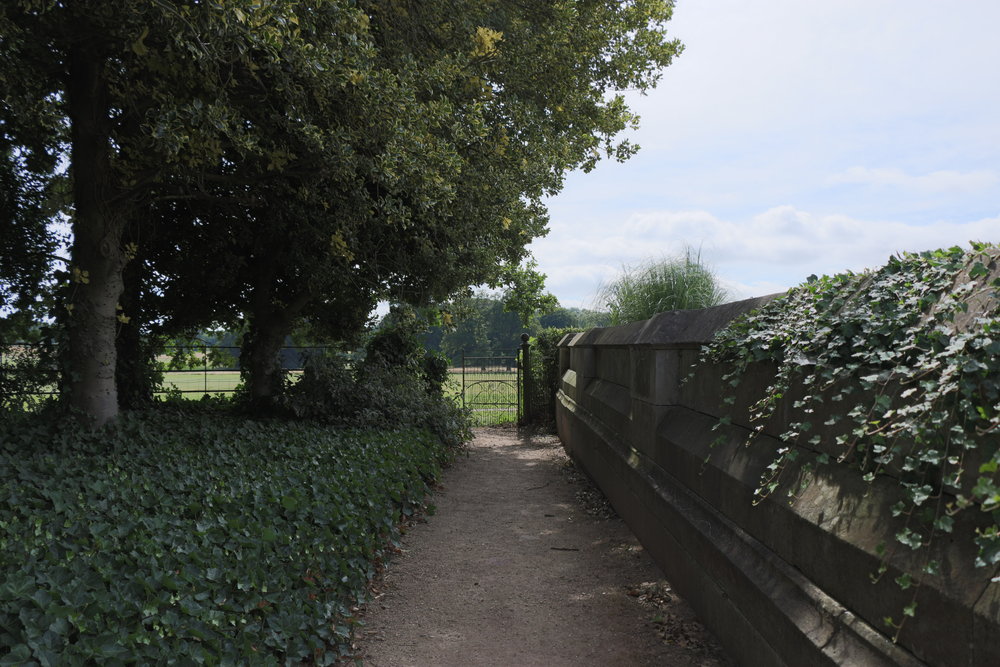Features
Handling
Performance
Verdict
Specification
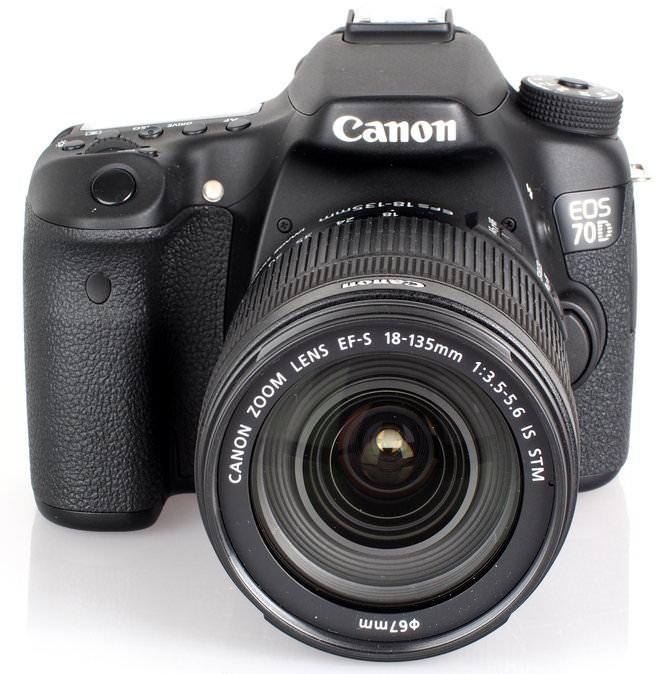
The Canon EOS 70D is the latest Digital SLR from Canon, and one of the most advanced with an all-new 20.2 megapixel APS-C sensor, with dual pixel AF focus built into the sensor. The 70D updates the 60D, which will remain on the market for the time being.
Canon EOS 70D Features
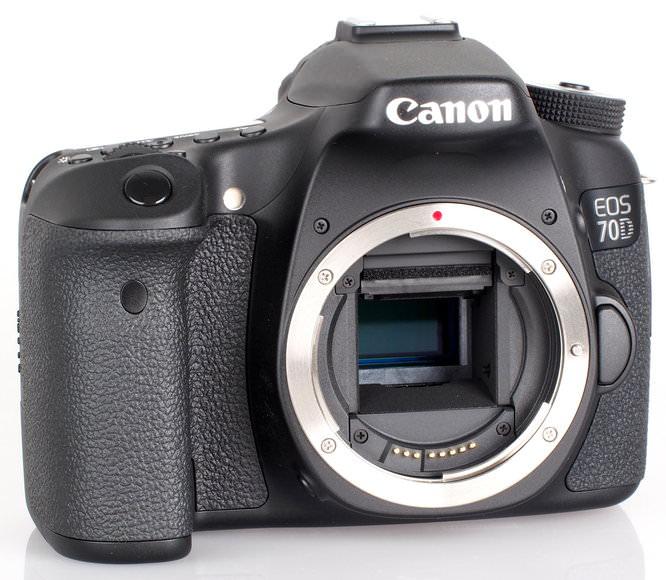
The new AF system, features a dual pixel under every microlens on the sensor, covering 80% of the area (beyond this accuracy drops off due to the lens). This is designed to give the best live view experience of any Canon DSLR to date, and is said to benefit live view and video recording.
![]()
Image courtesy Canon (PDF)
Each pixel features two photo diodes that can be read independently during autofocus or together to capture the image, as shown above.
Canon go on to explain how it works: "When the shutter button is pressed, parallax images on each photodiode of the pixel are detected, the amount of lens drive is calculated to correct the amount of shift in the AF points, and AF is achieved nearly instantaneously. During image capture, the same two photodiodes record the image and output as a single pixel. By placing approximately 40.3 million photodiodes on the camera's sensor, two per pixel, this caliber of AF is possible on approximately 80% of the image plane, vertically and horizontally. When the image or video clip is being captured, the CMOS sensor behaves as it always has with EOS SLR cameras, unimpeded by the dual photodiodes and recording each individual pixel with virtually no loss of detail or sharpness."
![]()
Image courtesy Canon
Wi-Fi connectivity is built in, and with EOS remote, an app available for iOS or Android devices, you can browse photos on the camera, as well as use the smartphone as a remote control. It's possible to transfer images between other Canon cameras with built in Wi-Fi, print images using a Wi-Fi printer, upload images to Canon Image Gateway, or display images on a DLNA compatible TV.
The camera features an electronic level, which is viewable in the viewfinder, and although it is not dual-axis it will work in portrait or landscape mode. There is now an AF area button that lets you quickly change the focus area without taking your eye away from the viewfinder.
Updates over the 60D include: 7fps continuous shooting compared to 5.3fps on the 60D, and this is slightly slower than the 8fps offered by the Canon EOS 7D. The 70D sits under the 7D, even though the 7D is getting on in years, being announced in 2009. The 70D is slightly narrower at 139mm vs 144.5mm on the 60D, although both cameras weigh 755g with battery and memory card.
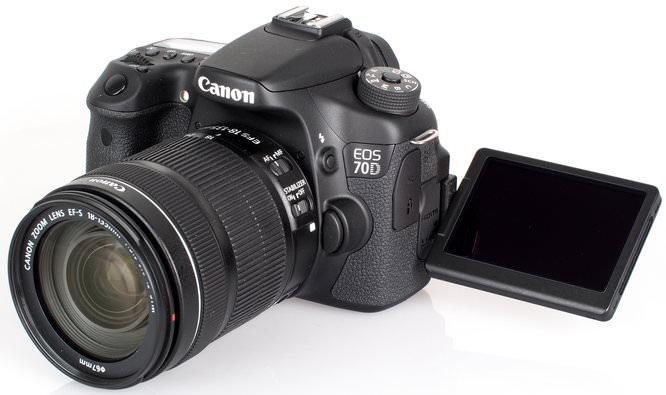
Key Features
- 20.2 megapixel APS-C CMOS sensor
- 19 point all-cross AF (Same as 7D)
- Dual Pixel CMOS AF
- 3inch 1040k dot capacitive vari-angle touch-screen
- 98% viewfinder coverage
- Top LCD panel with illumination
- Wi-Fi built in
- Electronic level
- Full HD video, stereo sound, mic socket
- ISO100 - ISO12800, expands to ISO25600
- Multi-exposure - combines 2-9 photos
- HDR (combines 3 shots in camera), Creative effects
- Auto Correction of Lens Peripheral illumination and Chromatic aberration correction
- 7fps continuous shooting, full frame, 16 Raw, 65 JPEG (with UHS-I card)
- RAW image processing - during image Playback only
- Digic 5+ image processor
Canon EOS 70D Handling
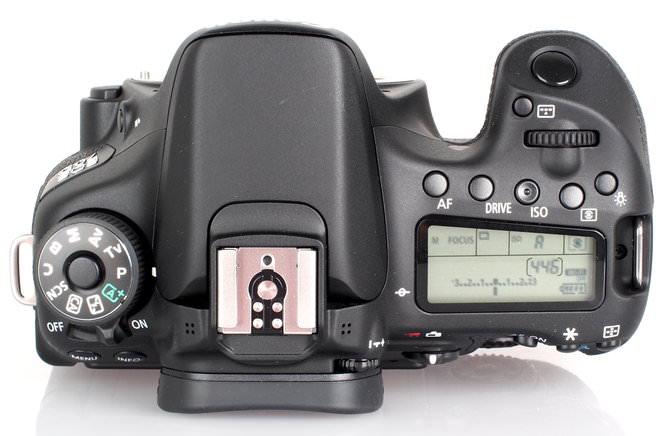
Handling - The Canon EOS 70D features an aluminium and polycarbonate resin body with glass and conductive fibre construction and feels very well built despite and is considered dust and weather resistant to the same level as the Canon EOS 1N. The 70D weighs 755g with battery and memory card without lens.
The video and photo mode can now be easily switched to using the new switch on the back, with a start / stop button in the middle used to switch on live view in photo mode, or used to start and stop video recording in the video mode. The rear set button with surrounding directional pad can feel a little small at times, and this is surrounded by a clicking control wheel.
The top adds an AF area selection mode button in front of the control wheel and just next to the shutter release button, this makes it easy to change the focus area without taking you eye away from the viewfinder. Apart from this change, the AF, Drive, ISO and Metering buttons on the top will be familiar to 60D and other Canon EOS users. The mode dial on the top features a middle push which needs to be pressed in order to turn the dial, this will avoid accidentally turning the dial, although some may prefer a mode dial that is more easily set.
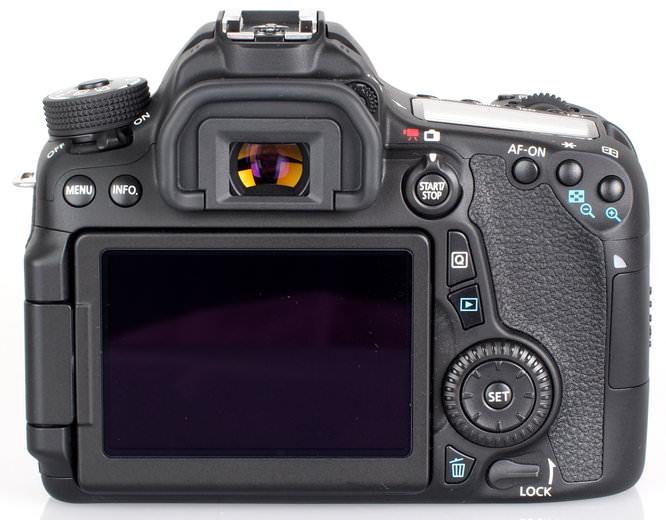
DSLR: Focus in standard operation uses the 19-point all-cross type system, and the focus can be set to 1 point, zone, or 19 point auto selection. The focus point used when taking the photo can be viewed using Canon's Digital Photo Professional software, as shown below, or in payback on the camera.
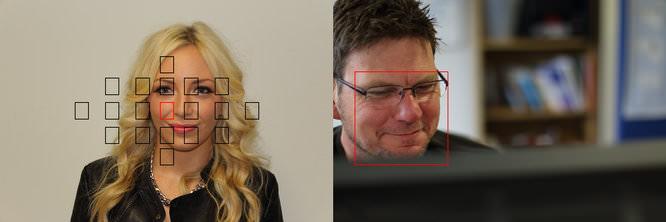
Left: 19 Point AF, Right: Live View
In live view and video mode the Dual Pixel AF is active, covering 80% of the image, this is used for AF tracking and Face tracking which works both in photo or video mode, providing smooth focus, even if the subject is moving.
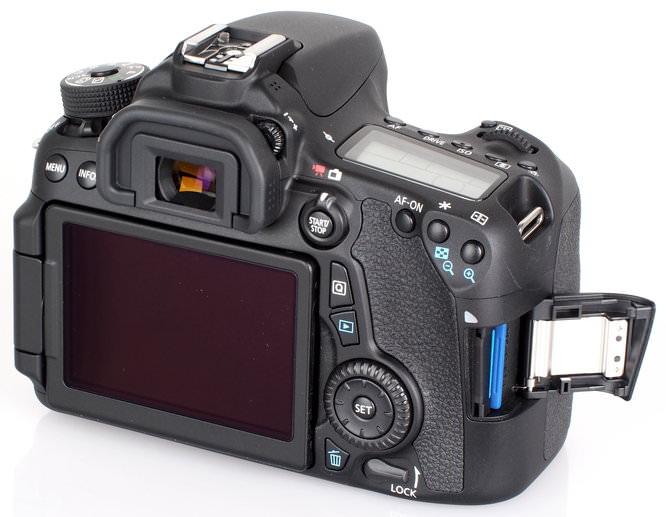
Menus – The Canon EOS menu system is well designed and easy to use with the menus spread out over five main areas (Shooting menu (x6 screens), Playback menu (x3), Setup menu (x4), Custom Functions menu, and My Menu), that are colour coded to aid navigation. You can use the touch screen to scroll through the menus, as well as set options, and the Q button gives quick access to the most common options on the rear screen which are also set using the touch-screen.
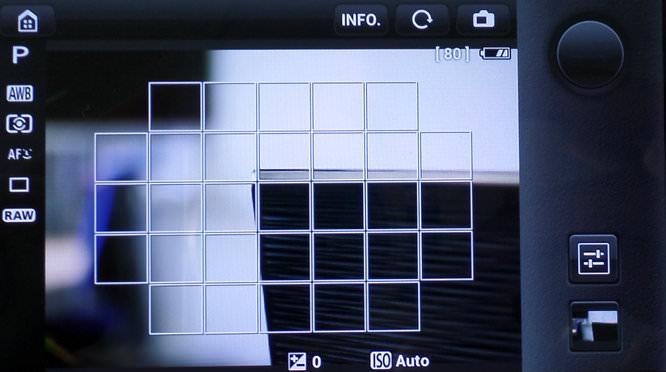
Wi-Fi: The virtual keyboard on the touch screen makes it easy to setup the wireless connection and the EOS Remote Utility (shown above) lets you view photos on the camera as well as shoot images with it, although it would be nice to see further control over settings, as it feels quite limited letting you alter exposure compensation, and ISO, as well as set the focus point, but little else.
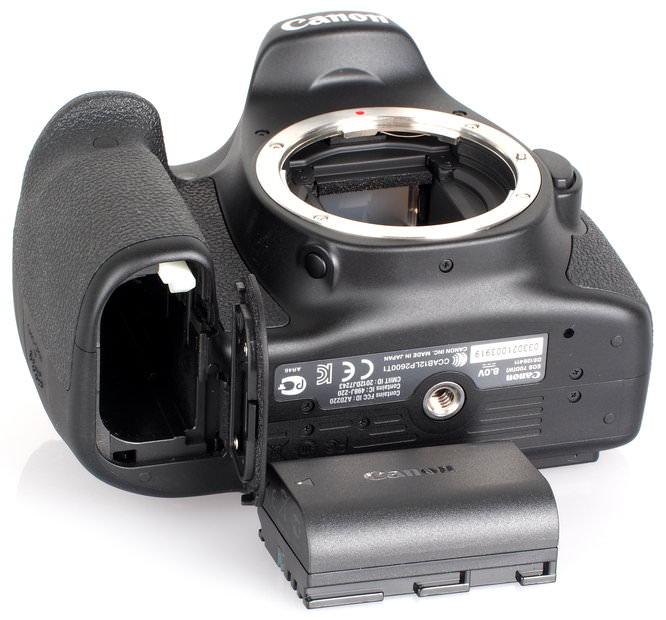
Battery life - Battery life is rated at 920 shots according to Canon / CIPA test results, and for anyone thinking of upgrading from the Canon EOS 60D, you will be pleased to see that the Canon EOS 70D uses the same LP-E6 battery. Using live view dramatically reduces battery life, with Canon reporting 230 shots possible when using live view full-time.
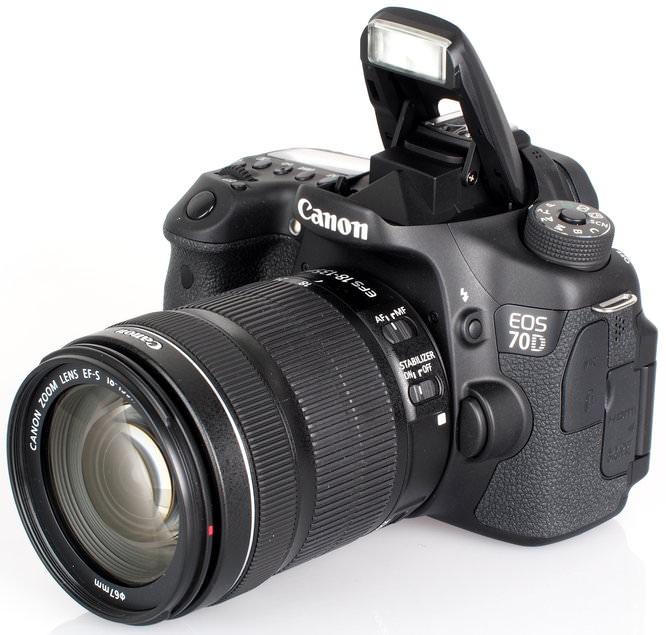
Speed - We took a number of shots to test the camera's responsiveness, from switch on to first photo, shot to shot, focusing speed etc. We take a number of shots and then use the average to ensure accurate and consistent tests, making it easy to compare with other cameras.
| Canon EOS 70D | |
| Shutter Response (Live View) | 0.05 (0.05) |
| Wide - Focus / Shutter Response (Live view) | 0.1 (0.45) |
| Full zoom - Focus / Shutter Response (Live View) | 0.15 (0.45) |
| Switch on Time to Taking a Photo | 0.45 |
| Shot to Shot without Flash | 0.3 |
| Shot to Shot with Flash | 0.4 |
| Continuous Shooting - JPEG (shots before slow down) |
6.25fps (62 shots) |
| Continuous Shooting - Flash | 2.5fps |
| Continuous Shooting - RAW | 6fps (14 shots) |
We tested focus speeds with the 18-135mm IS STM lens. We could not manage the full 7fps with lens correction switched on or off, managing 6.25fps and a total of 62 shots in JPEG using a 16GB Sandisk Extreme Pro (95MB/s) UHS:I card.
Canon EOS 70D Performance
Additional sample photos and product shots are available in the Equipment Database, where you can add your own review, photos and product ratings.
Canon EOS 70D Sample Photos
Sample Photos - Flash performance is good, with no red-eye visible, although the result is warm. In our studio shoot with our model, skin tones are excellent and the results look very good on the camera screen. Colours are rich without being overly saturated and contrast levels can be adjusted using the "Auto Lighting Optimiser" (ALO) feature, although for punchier images this can be left switched off. When shooting raw this can be adjusted in the Canon Digital Photo Professional software provided with the camera.
Canon EOS 70D Lens test images
Lens Performance - Dynamic range appears to be very good, with the camera giving a number of different ways to expand this, either in camera using ALO, or HDR shooting, or by shooting raw. Lens distortion can be corrected in camera, or when shooting raw this can be corrected using Canon's software. Exposure is generally very reliable although on one occasion we ended up with an over-exposed photo. We tested the camera with the Canon EF-S 18-135mm IS STM lens as well as the Canon 50mm f/1.4 lens.
The live view focus is reasonably quick and certainly much quicker than previous Canon EOS cameras, however isn't perfect, with the occasional out of focus shot. In low light, the flash can be used to assist AF, when popped up, however this is not used for live view focusing and in very low light conditions the focus can struggle.
Detail is good, although JPEG images on default settings can appear a little soft. This can be improved by adjusting the sharpness in camera, or sharpening the JPEG or raw images later using Canon's own software or photo editing software of your choice. The sharpness, contrast, saturation and colour tone can be adjusted using the picture style in camera.
Canon EOS 70D ISO test images
ISO Noise Performance - The ISO range is ISO100 to 12800, and this expands to 25600. Noise is low at ISO100, ISO200 and ISO400, with a slight increase in noticeable noise at ISO800. Noise increases again at ISO1600, although detail remains good. At ISO3200 there is a drop in detail as noise increases and so too does noise reduction.
Detail and noise levels are similar to the Canon EOS 700D, except at ISO3200, where the 700D retains a little more detail. Noise increases again at ISO6400, and also at ISO12800 where images appear softer again. ISO25600 shows the highest levels of noise, as expected, and noise reduction makes the images appear soft and lacking detail.
Canon EOS 70D White-balance test images
White Balance Performance - Auto White Balance (AWB) gives warm results under tungsten lighting, with the tungsten preset giving similar results. AWB performs better under fluorescent lights, with the fluorescent preset giving very similar results. For best results under tungsten lighting, manual white balance is recommended.
Canon EOS 70D Digital filters
Digital Filters - You can preview creative filters in Live View, with the choice of the following Creative filters: Art Bold, Water painting, Grainy B/W, Soft focus, Toy camera, Miniature effect, and Fish-eye. Raw shooting isn't available when shooting using these. Similarly when shooting using the HDR mode, raw is not available.
Value For Money
The Canon EOS 70D is available for £1079 body only which makes it seem somewhat expensive compared to the alternative cameras available from both Canon and other manufacturers:
Canon EOS 7D, 18mp, 8fps, weather sealed, £1079 body only
Nikon D7100, 24mp, 6fps, weather sealed, £801 body only
Sony Alpha A77, 24mp, 12fps, in body IS, weather sealed, £750 body only
Pentax K-5 II / IIs, 16mp, 7fps, in body IS, weather sealed, £629 / £799 body only
Olympus OM-D E-M5, 16mp, 9fps, in body IS, weather sealed, £788 body only
Panasonic Lumix GH3, 16mp, 6fps, weather sealed, £893 body only
You'll also need to buy a memory card and a case or bag to keep your camera safe and protected - have a look at our complete guide to camera bags.
Canon EOS 70D Verdict
The new dual pixel AF feature noticeably improves focus during video and live view, as promised, this will be particularly impressive and useful for those who shoot with Canon lenses for video or live view use, although at the expense of battery life, which drops dramatically from the otherwise excellent 920 shots offered.
However, for those that are simply looking for a high performance digital SLR style camera with no lens preference, the price of the 70D is noticeably more expensive than the competition with alternatives offering a weather sealed body, higher resolution sensor (D7100, A77), faster continuous shooting (A77, 12fps), a smaller body and lenses (E-M5, GH3), as well as extremely fast live view focusing (A77, E-M5, GH3), and within Canon's own range, the Canon EOS 7D offers quicker continuous shooting.
For videographers the 70D with touch screen control over focus point will be extremely appealing, and the microphone socket is useful, although no doubt some will wish for a headphone socket as well. For those that are looking for a true Digital SLR with an optical viewfinder, combined with very good live view, and excellent video focus (with STM lenses), the Canon EOS 70D delivers, whilst also delivering that all important Canon feature: High Image Quality. The Canon EOS 70D delivers excellent colour and has almost everything you could wish for in a Digital SLR.
Canon EOS 70D DSLR Review: The Canon EOS 70D produces images with excellent colour, and vastly improved live view focus for stills and video.


